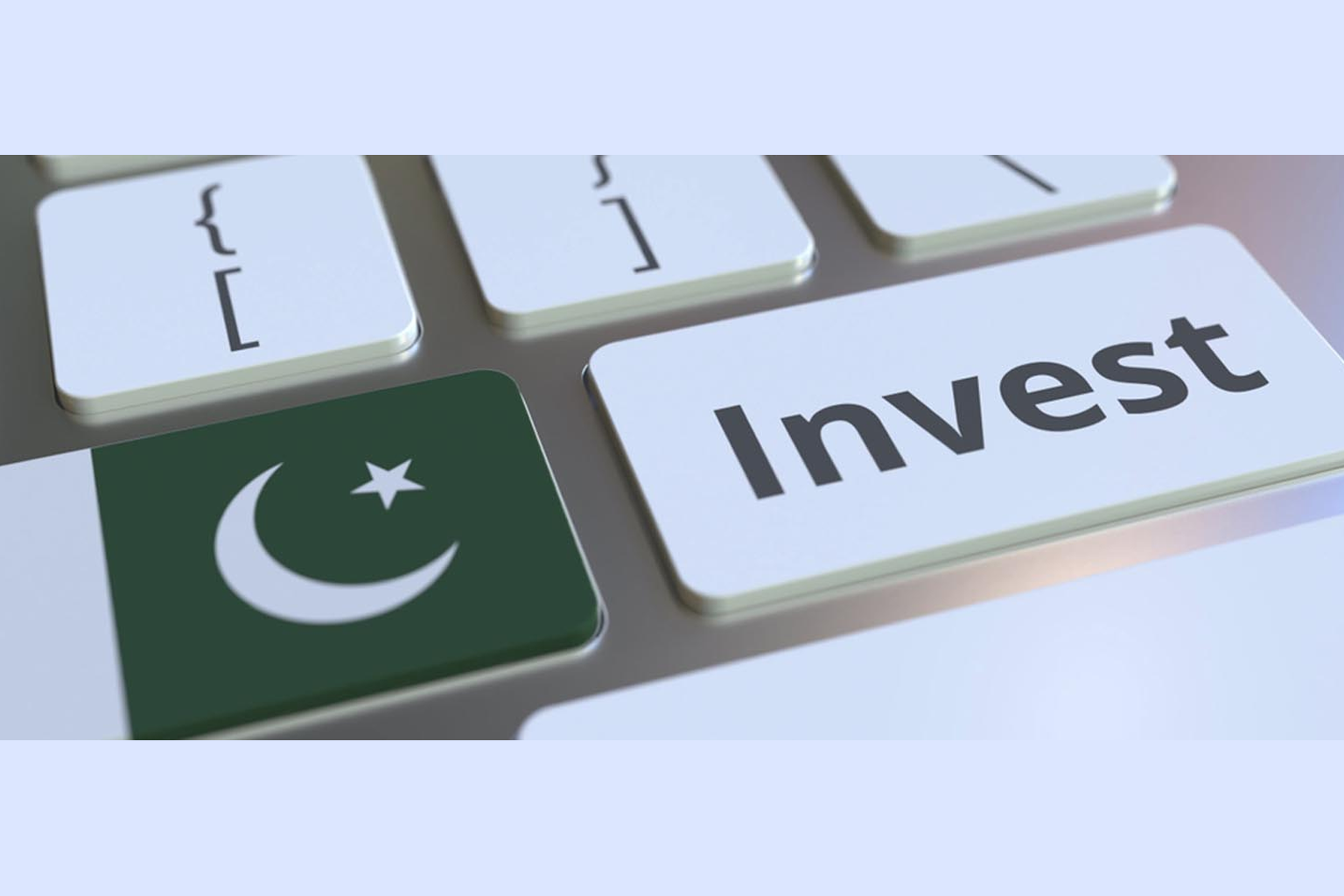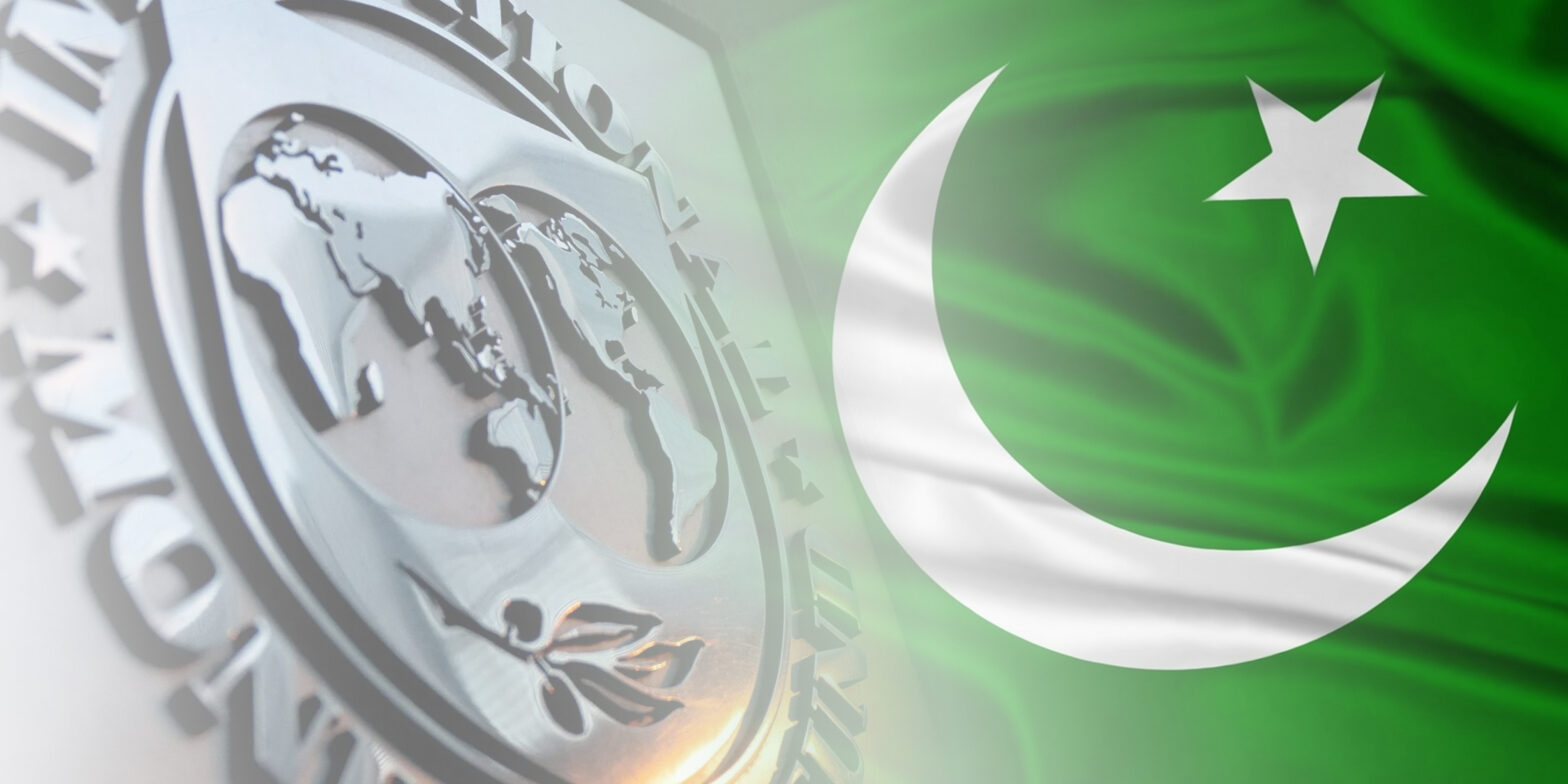Back in 2019, the International Monetary Fund (IMF) and Pakistan reached an agreement to provide financial assistance to help the country address its economic challenges. So far the country has received $4.0 billion out of the total amount of $6.5 billion. For the next tranche of around $1.0 billion, the country has to meet various conditions causing the delay in staff level agreement. As a result, investor sentiment has been negatively impacted, and the market has remained range bound. However, all is not dark! There are ways to navigate these economic uncertainties, and you can do so with KTrade. In this blog post, we’ll take a closer look at the IMF and Pakistan agreement, the reasons behind the delays, and the potential impact on investors and the market.
Firstly, the IMF deal will provide much-needed financial assistance to Pakistan, which has been struggling with a mounting debt crisis. The country’s external debt currently stands at around $105 billion, with the government struggling to meet its repayment obligations. The IMF has agreed to provide a loan of $6 billion to Pakistan over the next three years, which will help to alleviate some of the pressure on the country’s finances. However, as of March 2023, the talks between the government and the IMF appear to be at an impasse amidst an expanding list of conditions, including lending guarantees from friendly countries. Mixed signals from government officials, including planned petroleum and flour subsidies, have fueled speculations of further delays in the program’s revival. Despite this, through the materialization of additional bilateral, multilateral, and IMF’s funding, the government is targeting a reserve balance of around USD 8-9bn by June 30th, 2023. (For those looking for regular updates on Pakistan’s economic climate, follow our LinkedIn and Facebook).



